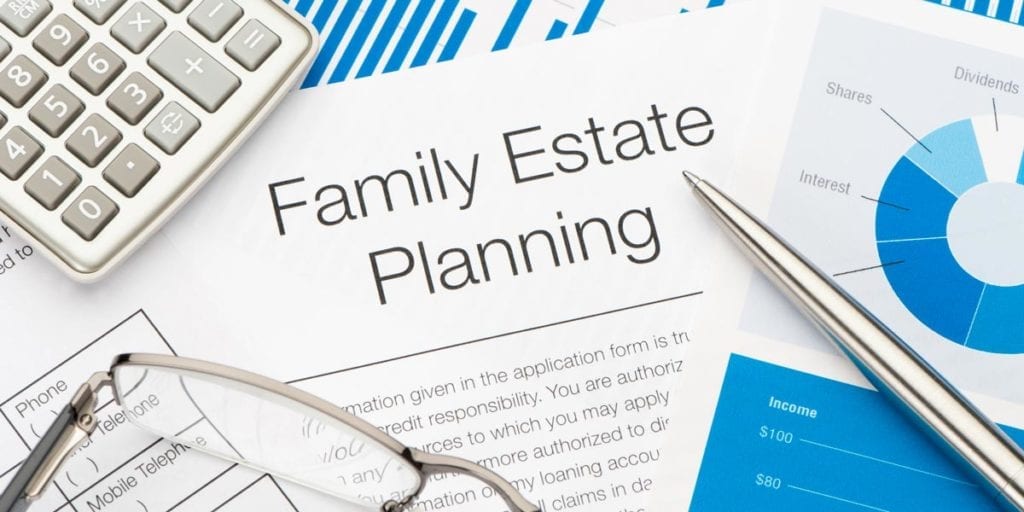A major step in estate planning includes determining your assets and deciding which items you’d like to leave to your heirs, close friends, and acquaintances. It may sound daunting at first to categorize everything you own, however, deciding can be easy once you know what a probate and a non–probate asset is. Our estate planning lawyers in McAllen want to help you out.
What is a Probate Asset?
Probate assets are distributed to your heirs through the court process. These assets are owned solely by the testator (the person who formulated the will). Unlike non-probate items, these must go through the probate court. One reason being that all properties must be examined first to ensure that no debts are left unpaid. From here, whatever is left of the properties will be divided according to a written will.
Probate assets include:
- Real property or bank accounts that only include the testator’s name in property documents.
- Personal property such as jewelry, vehicles, and furniture.
- Any partnership or title written under a limited liability company.
What is a Non-Probate Asset?
Non-probate assets are items that do not have to go through the court process and can instead go to the beneficiaries or family members listed in a written will. Non-probate assets can be items that are owned by more than one person or have multiple persons listed under each property.
Non-probate assets include:
- Property with written documentation of joint-ownership.
- Bank accounts with joint ownership or property held in a trust.
- Retirement accounts can also be considered a non-probate asset.
How Are Assets Distributed?
The risks are high and low depending on the type of property you own. Some opt for non-probate assets, but they leave future income tax liabilities to their heirs and beneficiaries. Depending on the type of property you leave and what was written in your will, beneficiaries may have to file a claim in order to receive what you verbally promised them. In short, costs can become a burden if a will isn’t written correctly.
Contact Our Estate Law Attorneys in McAllen Today!
If you’re in need of drafting a will or are unsure of how to go through the probate process, then contact our estate planning lawyers in McAllen.
